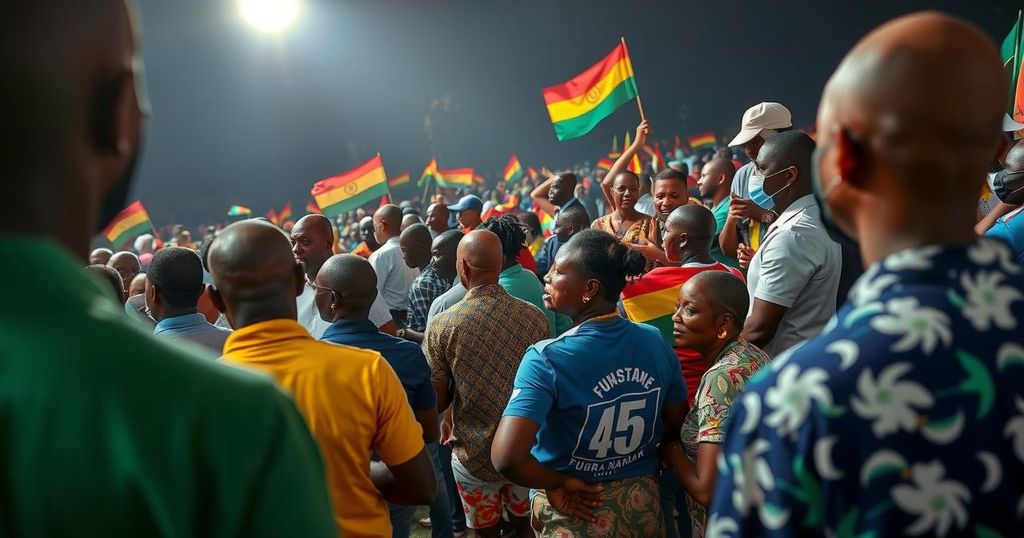Guinea Bissau President Indefinitely Postpones Elections, Extending Political Uncertainty

President Umaro Sissoco Embalo of Guinea Bissau has postponed the legislative elections originally set for November 24, prolonging the nation’s political turmoil. The decision follows logistical and financial challenges, exacerbated by tensions with the opposition majority party. The exact timeline for future elections remains unclear as the country struggles with governance and economic difficulties.
On Monday, President Umaro Sissoco Embalo of Guinea Bissau announced the indefinite postponement of the legislative elections, which were previously scheduled for November 24. This decision has extended the political uncertainty in the country since the parliament was dissolved in December 2023 amid an attempt at a coup. The legitimacy of electoral processes has also been questioned due to financial constraints and logistical difficulties, as highlighted by the Minister of Territorial Administration, Aristides Ocante da Silva. He indicated that the elections were unlikely to proceed, prompting President Embalo to formalize the cancellation of the vote. Although Embalo has rescinded the previous decree establishing the election date, he has yet to announce a new timeline for when these elections might occur. The political landscape is further complicated by the presence of a coalition that holds a parliamentary majority, formed around the African Party for the Independence of Guinea and Cape Verde (PAIGC), which has historically been opposed to Embalo. This dynamic has led to a tense coexistence as the president navigates his administration alongside their influence. Facing considerable economic challenges as one of the poorest nations in the world, Guinea Bissau struggles to secure adequate funding for electoral events. The political turmoil continues to beset the country, which has suffered from repeated coups since achieving independence from Portugal. Despite steps toward returning to constitutional order over the past decade, the situation remains fragile as the nation awaits clarity regarding both legislative and presidential elections.
Guinea Bissau has a tumultuous political history characterized by a series of coups and corruption challenges. Since gaining independence from Portugal, the country has struggled with governance issues and instability. In December 2019, Umaro Sissoco Embalo was elected president, embarking on a five-year term that has since been marked by turbulence. The dissolution of parliament in December 2023 raised significant concerns about the future of democracy in the nation. With the PAIGC holding a parliamentary majority, the political environment is fraught with tension, complicating the path towards holding timely elections. The country’s economic difficulties further exacerbate the situation, making it increasingly challenging to fund electoral processes.
The indefinite postponement of legislative elections in Guinea Bissau underscores the ongoing political instability and governance challenges faced by the nation. With significant questions about the integrity and feasibility of the electoral process, the uncertainty regarding President Embalo’s administration and the future of political leadership remains. As the nation grapples with financial constraints and a complicated political landscape, the path to a stable democratic process becomes increasingly tenuous.
Original Source: punchng.com








